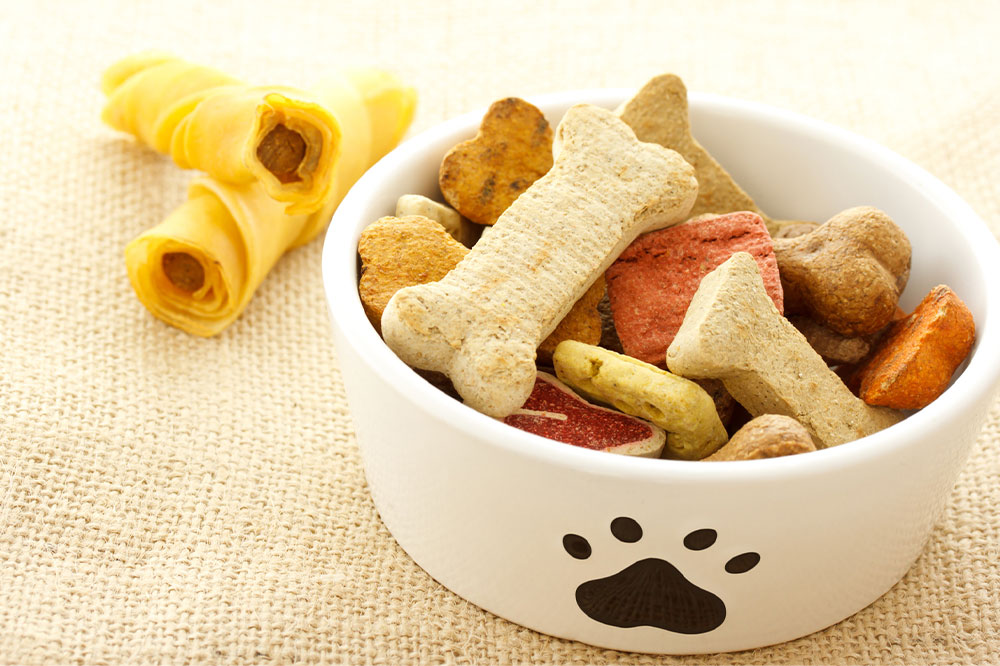How to keep pets safe from food allergies

Pets are sensitive to different allergies. Two types of allergies are common in pets – environment allergy and food allergy. Food allergies in pets are least common but it prevails in almost 10% of US households. The reasons for the allergies include- low immunity, bowel syndrome, genetic issues, allergen contents, among others. Symptoms of top food allergies in cats and dogs include licking of paws, chronic itching, diarrhea, bad gut, puking bile, rashes on the body, chronic gas, bad breath, blood in gums, and bumps all over the body.
How to test for food allergy?
There is no proper test that holds perfect for your four-legged friends. There are blood and saliva tests but as of 2019, there are not enough studies to back it up. The best way is to test certain food items on your pets. If one of the foods is allergic it will reflect massively on their body. You can wait for three to four days based on the condition. If it the condition persists, you need to consult the vet immediately. Some pets are born with epi, liver malfunction, kidney issues, and heart problems which make the pet owners switch to a better diet that is good for their health and at the same time not allergic. This happens when a sudden switch of protein has happened.
Reasons for the occurrence of food allergies in dogs and cats
- Unable to digest a certain protein
- Having a bad immunity due to which the body looks at protein as a harmful substance
- Ingredients like corn, soy, legumes being present in dry food
- Having processed foods every day due to which there’s loss of immunity
- Not having the protein based on body mass
- Pet owners not helping animals to strengthen their gut
Associated food that causes food allergies in dogs and cats
- Chicken, beef, dairy, fish, and eggs
- Exposure to stale food
- Presence of plant-based like peas, legumes, and potato
- Gluten allergies like wheat, oats, and certain types of grains
- Kibble that is high in coloring and red meat
Solutions to top food allergies in cats and dogs
- It is advised to contact a nutritionist for finding out top allergies in your dogs and cats.
- Consult a certified person and get the first-hand knowledge about different kinds of animal proteins, vegetables and common types of allergies that could prevail. You can also talk to your vet regarding the same.
- Make sure you give your pets a balance of dry and wet food.
- Understand their body more than them while you feed a new vegetable, animal protein or leaf.
- Adding items into their food that increase their immunity like super food, gut powder, kefir, omega 3, ginger, fennel seeds, apple cider vinegar helps your pets build immunity.
- Switch to home-cooked food. Make sure you don’t add access of sugar, spices, and salt to their food. You can also try giving them human food.

